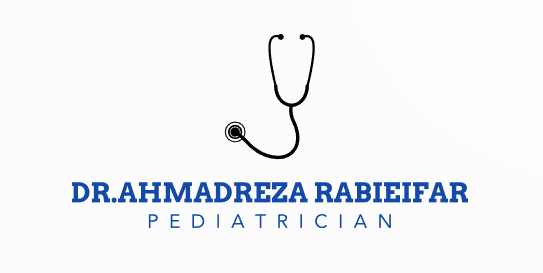Growth and development of children
The growth and development of children is a key topic in the fields of health and education, encompassing physical, emotional, social, and cognitive aspects. In this article, we will examine the various stages of child growth and development and the important points related to each stage.
Physical Growth Physical growth includes the increase in body size and weight, the development of the muscular and skeletal systems, and the improvement of motor skills:
Infancy (up to 1 year): During this stage, infants grow rapidly, increasing in height and weight. They learn basic skills such as head control, sitting, crawling, and walking.
Early Childhood (1 to 3 years): At this age, children begin to run, jump, and use their hands to grasp objects. Fine motor skills, such as using a spoon and pencil, also develop during this period.
Middle Childhood (3 to 6 years): During this stage, children strengthen their motor skills and show interest in activities like biking and drawing.
School Age (6 to 12 years): Physical growth continues, and children participate in sports and group games.
Emotional and Social Growth Emotional and social growth refers to children's ability to interact with others and develop social and emotional skills:
Infancy: During this stage, infants connect with their parents and caregivers, experiencing feelings of security and trust.
Early Childhood: Children start recognizing their own and others' emotions and establish initial social relationships with peers.
Middle Childhood: At this age, children learn cooperation and sharing skills and show interest in group games.
School Age: Children form more stable friendships and enhance their problem-solving and emotional management skills.
Cognitive Growth Cognitive growth includes intellectual abilities, learning, memory, and logical thinking:
Infancy: Infants become familiar with their surroundings and learn through their senses and movements.
Early Childhood: At this age, children begin using language to express their thoughts and develop problem-solving abilities.
Middle Childhood: Children at this stage learn more complex cognitive skills, such as classifying objects and understanding cause-and-effect relationships.
School Age: Children acquire more analytical and logical skills and improve their reading, writing, and math abilities.
Important Points Proper Nutrition: Proper nutrition is crucial at all stages of growth and significantly impacts physical and cognitive development.
Supportive Environment: A family and social environment that provides security and trust is essential for emotional and social growth.
Physical Activities: Regular participation in physical activities helps improve physical growth and motor skills.
Education and Learning: Providing learning opportunities and encouraging exploration and curiosity can accelerate children's cognitive growth.
By considering these points, parents and educators can best support the growth and development of children and meet their diverse needs.
The Impact of Physical and Mental Games on Children's Health
Physical and mental games play a key role in the growth and development of children. These types of play not only enhance children's physical health but also have positive effects on their mental and cognitive well-being.
Symptoms of Meningitis in Children
Meningitis is a serious disease that can affect children. This condition involves inflammation of the protective membranes covering the brain and spinal cord (the meninges) and can lead to severe complications. Recognizing the symptoms, causes, and treatment methods of meningitis can aid in early diagnosis and better management of the disease.
 English
English
 فارسی
فارسی 